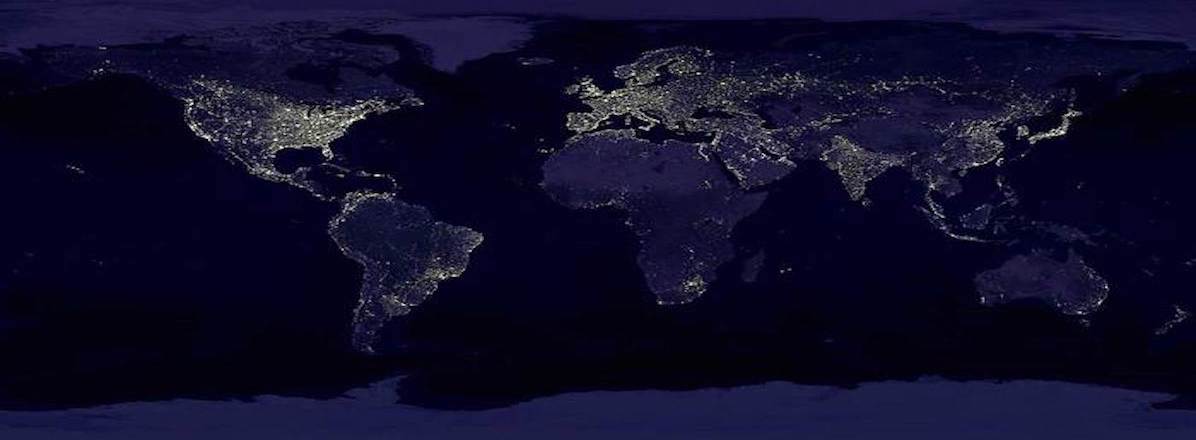A nation must think before it acts.
Foreign Influence and the 2020 Election: What We’ve Seen and What’s to Come
Post by Rachel Chernaskey
November 2, 2020
The lead-up to Election Day in 2020 has had many twists and turns—a sharp increase in mail-in voting, President Trump’s positive COVID-19 diagnosis, protests across the country and an influence campaign alleging corruption by former Vice President Joe Biden with the help of a designated Russian agent. Throughout the past year, however, we’ve seen a steady drumbeat of disinformation from foreign actors who continue to try and interfere in U.S. elections, their goals evident through the themes and narratives they promote on their state-backed media outlets.
Russia continues to most clearly and with the highest volume amplify narratives seeking to discredit the integrity of the 2020 election, as well as America’s democracy more broadly. Iran has often piggybacked on these Russian narratives, recently surging in their publishing content alleging a “rigged” election and pushing the idea that violence will break out in America post-Election Day. China, meanwhile, has remained rather apolitical with regard to one candidate or the other, often harshly criticizing America’s systems and fallen place on the world stage. All three countries have perpetrated hacking operations on some level in the lead up to Election Day, with cybercriminals tied to Russia most recently hacking U.S. hospital systems, a conveniently timed attack for those in the Kremlin though there is no current established tie to the state apparatus.
Russia’s denigration of 2020 election integrity stretches back to the primaries, when RT and Sputnik News loudly amplified the notion that the Iowa Caucuses had been secretly rigged by establishment figures in the Democratic Party. Since then, while Russia increased its output of election-targeted content, Iran also picked up its own amplification of these themes via its state media outlets. Iran has recently been active in both echoing Russian narratives on its state outlets as well as interfering in the election through hacking, most recently via an email campaign that aimed to pose as the far-right group Proud Boys and intimidate voters in Florida.
Election Day is tomorrow. Kremlin-backed media outlets RT and Sputnik News have laid a foundation of content alleging the 2020 election will be rigged, is rife with fraud, and might lead to mass civil unrest, possibly even civil war. Iran has decidedly piled on to Russia’s efforts. In the event that vote results are delayed—which, given the scale of mail-in voting in this year’s election, seems likely—we can expect Russia and Iran to only increase their efforts to undermine confidence in the outcome. Both regimes will likely seek to amplify the risk of civil unrest over the election’s integrity and/or the outcome itself. Furthermore, both countries will only amplify any claims by the Trump administration that the election outcome is illegitimate, as we’ve seen in the past as Trump has claimed voter fraud or a rigged contest.
In the lead-up to this election, we’ve seen the U.S. government take steps to counter and disrupt interference efforts by foreign actors, as well as efforts by the American press and social media companies to limit the possibility for election disinformation to spread. Ultimately, though, the success of Election Day in 2020 will be dictated by the American public: the willingness to have patience while all votes are counted, resistance to calls for mobilization or violence, and trust in America’s defenders and systems ensuring a fair and safe election.




